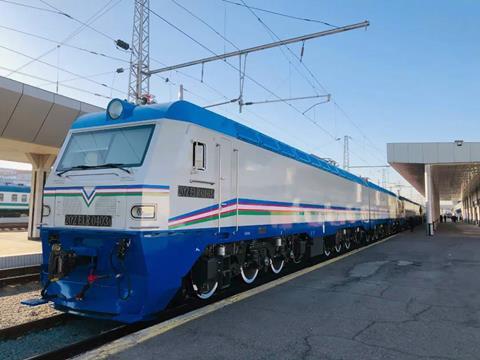
ASIA: An Asian Development Bank assessment of the state of railways in the 11 countries of the Central Asia Regional Economic Co-operation Programme has set out six reforms that ADB believes are needed to make rail more efficient and financially sustainable.
The CAREC area covers Afghanistan, Azerbaijan, China (specifically the Xinjiang Uygur and Nei Mongol autonomous regions), Georgia, Kazakhstan, Kyrgyzstan, Mongolia, Pakistan, Tajikistan, Turkmenistan and Uzbekistan.
ADB says changes in regional trade patterns have led to higher demand for long-distance rail transport in the region, but the railways often struggle to compete with other long-distance corridors and modes of transport.
The suggested reforms are:
1. modernise commercial accounting systems to provide reliable and transparent real-time information about costs, revenues and financial performance;
2. use enterprise resource planning systems to adopt more commercial approaches that would increase productivity, asset utilisation and ultimately profitability;
3. liberalise tariff regulations so the railways can adjust their charges in line with market conditions to attract more customers and optimise revenues;
4. introduce Public Service Obligation contracts whereby the government reimburses the operator for any losses incurred in running specified services;
5. examine non-core activities such as health, housing and non-railway businesses, and separate or privatise them so that operators can focus on running rail services on a commercial basis;
6. boost private sector participation in freight and passenger operations and rolling stock leasing. ADB says competition within the railway market could lead to improved efficiency and service quality, but would require suitable policy and legal frameworks.

















